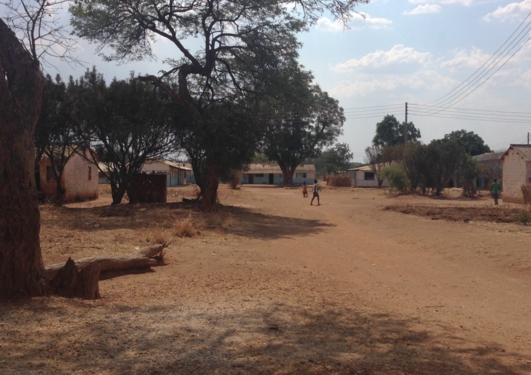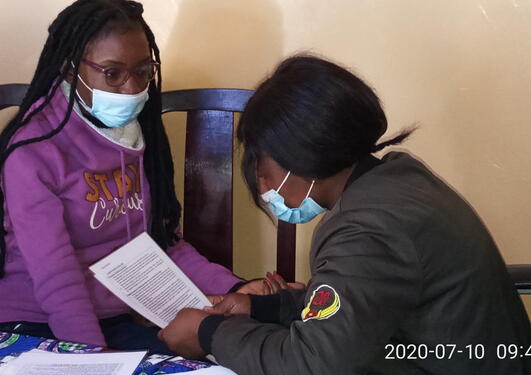RISE
This trial with 4,900 participants aims to measure the effect of economic support and community dialogue on early child-bearing rates in rural Zambia.
Hovedinnhold
Research Initiative to Support the Empowerment of girls
Adolescent pregnancies pose a risk to young mothers and their babies. In Zambia, 35% of young girls in rural areas have given birth by the age of 18. Poverty, low secondary school enrolment, myths and community norms regarding education, early marriage, fertility and contraceptive use all contribute to early childbearing.
The Research Initiative to Support the Empowerment of girls (RISE) aims to measure the effect on early childbearing rates in a rural Zambian context of (1) economic support to girls and their families, and (2) combining economic support with a community intervention to enhance knowledge about sexual and reproductive health and supportive community norms.
The trial has three arms, and the clusters are rural schools in twelve districts. The participants are girls who were enrolled in grade 7 in 2016. The target sample size was 4,900 girls and 157 schools. Recruitment took place March-July and randomization was conducted in July 2016. The intervention period is from September 2016 to November 2018. In one intervention arm, girls and their guardians are offered economic support in the form of cash transfers and payment of school fees. In the second intervention arm, economic support is combined with community dialogue including youth club meetings (covering a sexual and reproductive health curriculum) and community meetings. The girls will be interviewed every six months, with the final interview taking place 4.5 years after recruitment. We will measure to what extent the interventions increase the proportion of girls who complete grade 9 and reduce the proportion that give birth before reaching the age of 18.
Of 164 schools invited to participate in the project, 157 were included and had 5,107 eligible girls of whom 4,922 assented. Thus, a very high proportion of invited schools, guardians and girls participate in our study. The findings of this trial will be highly relevant for education programmes for adolescents and for reproductive health programs in Zambia and in similar contexts.
Principal Investigator:
Ingvild Fossgard Sandøy, University of Bergen, Norway
Co-Principal Investigator:
Patrick Musonda, University of Zambia, Zambia




